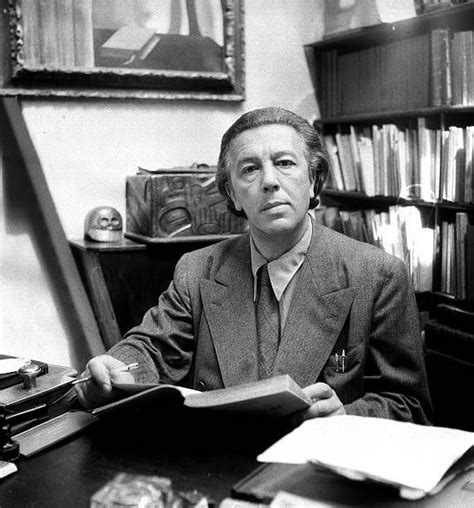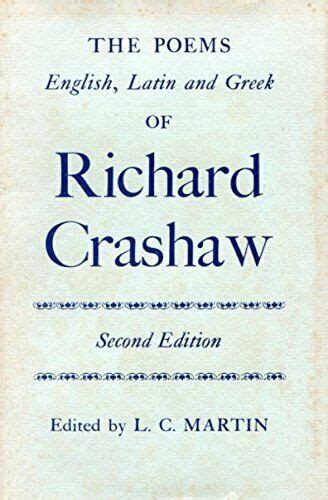A Quote by Plautus
Let us celebrate the occasion with wine and sweet words.
Related Quotes
But a problem arises because whenever I use words, those words have connotations in your mind. When I say 'Celebrate', you think one has to be happy. How can one celebrate when one is sad? I am not saying that one has to be happy to celebrate. Celebration is gratefulness for whatsoever life gives to you. Whatsoever existence gives to you, celebration is a gratitude; it is a gratefulness.
Sweet is the rose, but grows upon a brere;
Sweet is the juniper, but sharp his bough;
Sweet is the eglantine, but stiketh nere;
Sweet is the firbloome, but its braunches rough;
Sweet is the cypress, but its rynd is tough;
Sweet is the nut, but bitter is his pill;
Sweet is the broome-flowre, but yet sowre enough;
And sweet is moly, but his root is ill.
If, on a rare occasion, it is necessary to speak with some severity in order to make a grievous crime felt, we should always, at the conclusion of the rebuke, add some kind words. We must heal wounds, as the Samaritan did, with wine and oil. But as oil floats above all other liquors, so meekness should predominate in all our actions.






































